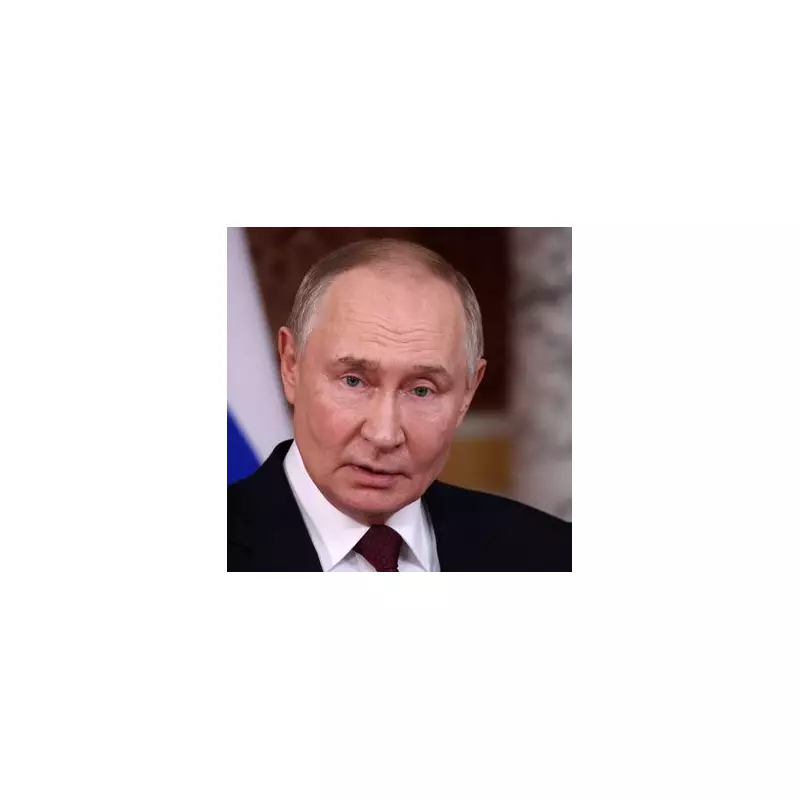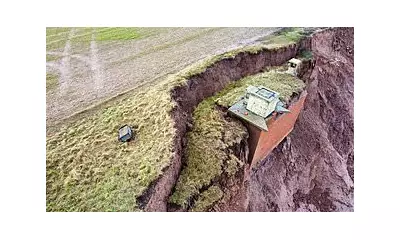
Russia has issued a chilling nuclear warning to the United Kingdom and NATO allies following reports that Britain may deploy US-made Tomahawk cruise missiles, threatening "catastrophic consequences" for any forces involved in such operations.
Former President's Ominous Statement
Dmitry Medvedev, former Russian president and current deputy chairman of Russia's Security Council, delivered the stark threat via social media. The high-ranking official stated that any UK or NATO bases used to launch attacks against Russia would be considered "legitimate targets" for Moscow's forces.
"The British must understand that they are putting their own military and their citizens at risk of a retaliatory strike," Medvedev declared in his characteristically blunt warning.
Tomahawk Deployment Sparks Tensions
The confrontation stems from recent reports suggesting the UK government is considering acquiring Tomahawk cruise missiles from the United States. These powerful weapons, capable of striking targets up to 1,500 miles away, would represent a significant upgrade to Britain's military capabilities.
Medvedev specifically addressed the potential deployment, warning: "If such missiles appear in the UK armed forces, the Russian armed forces will view the locations where they are stationed as legitimate targets."
Nuclear Implications
Most alarmingly, the Russian official explicitly referenced Moscow's nuclear doctrine, suggesting that such deployments could trigger responses under Russia's nuclear weapons policy. This represents one of the most direct nuclear threats made against NATO members since the beginning of heightened tensions with Russia.
"There will be no non-nuclear response in this case," Medvedev asserted, leaving little room for interpretation about the potential severity of Russia's reaction.
International Reaction and Security Concerns
The warning comes amid ongoing discussions within NATO about strengthening collective defence capabilities. Military analysts have expressed concern that such rhetoric represents a dangerous escalation in nuclear posturing.
Security experts note that while Russia frequently employs aggressive rhetoric, direct references to nuclear responses against specific NATO members warrant serious attention from defence planners in London and Brussels.
The UK Ministry of Defence has maintained its standard position of not commenting on specific capabilities or future procurement plans, though officials continue to monitor Russian statements closely.





